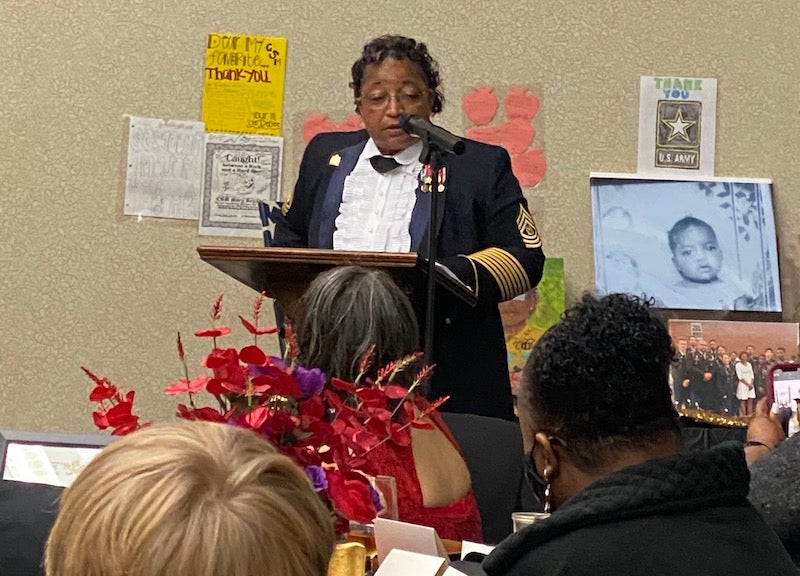Constant change in the classroom
Published 9:20 am Friday, November 16, 2012

Pelham High School students Jessa Cherones, Nils Abel, Abrea Atkins and Michaela Atkins compose poetry on laptops, merging traditional curriculum with technological tools. (Contributed)
By CONNIE NOLEN / Community Columnist
Greek philosopher Heraclitus said, “Nothing endures but change.”
In education, details change constantly; however, curriculum is constant. History endures, algebra terrifies and the literary canon, that great body of literature that most people read, remains in tact.
Most students read “To Kill a Mockingbird,” “The Scarlet Letter,” “The Great Gatsby,” “The Canterbury Tales,” several Shakespearean plays and volumes of poetry. These studies of the human experience unite us creating an important place of connection. Passionate writing reminds us that we are not alone.
School curriculum is changing due to testing changes. Since the ’80s, high school instruction has correlated to the Alabama High School Graduation Exam. The Class of 2014 must pass all sections of that exam before graduation, but the Class of 2015 rises to new standards.
Eventually, the ACT will replace the Graduation Exam. The ACT, a test measuring college readiness, is taken by most college-bound students on their own time. Due to this testing shift, curriculum shifts are occurring.
Along with more than 40 other states, Alabama has adopted the Common Core Curriculum, consisting of standards that shape classes nationwide. Accordingly, when students finish high school classes, they should have similar skills to students taking those courses in other common core states.
Soon, students will take end-of-course tests created by the ACT in many classes. Eventually, these tests will become the norm with teachers working toward empowering students to master common core objectives. The ACT has established quality core standards, and Shelby County Schools is seeking to merge the quality core and the common core to empower our students to be prepared for work or college.
Hopefully, correlation with ACT’s quality core will raise ACT scores, enabling more students to claim elite scholarships.
In English, complex informational texts will supplement the canon. Studying more well-written nonfiction will improve student writing. As students discern the strategies and intent of authors, they will master their own abilities to convey complex messages.
Ultimately, better communication will foster understanding in our complex world, and the arts of language-reading with discernment and writing with passion and clarity-will flourish.








